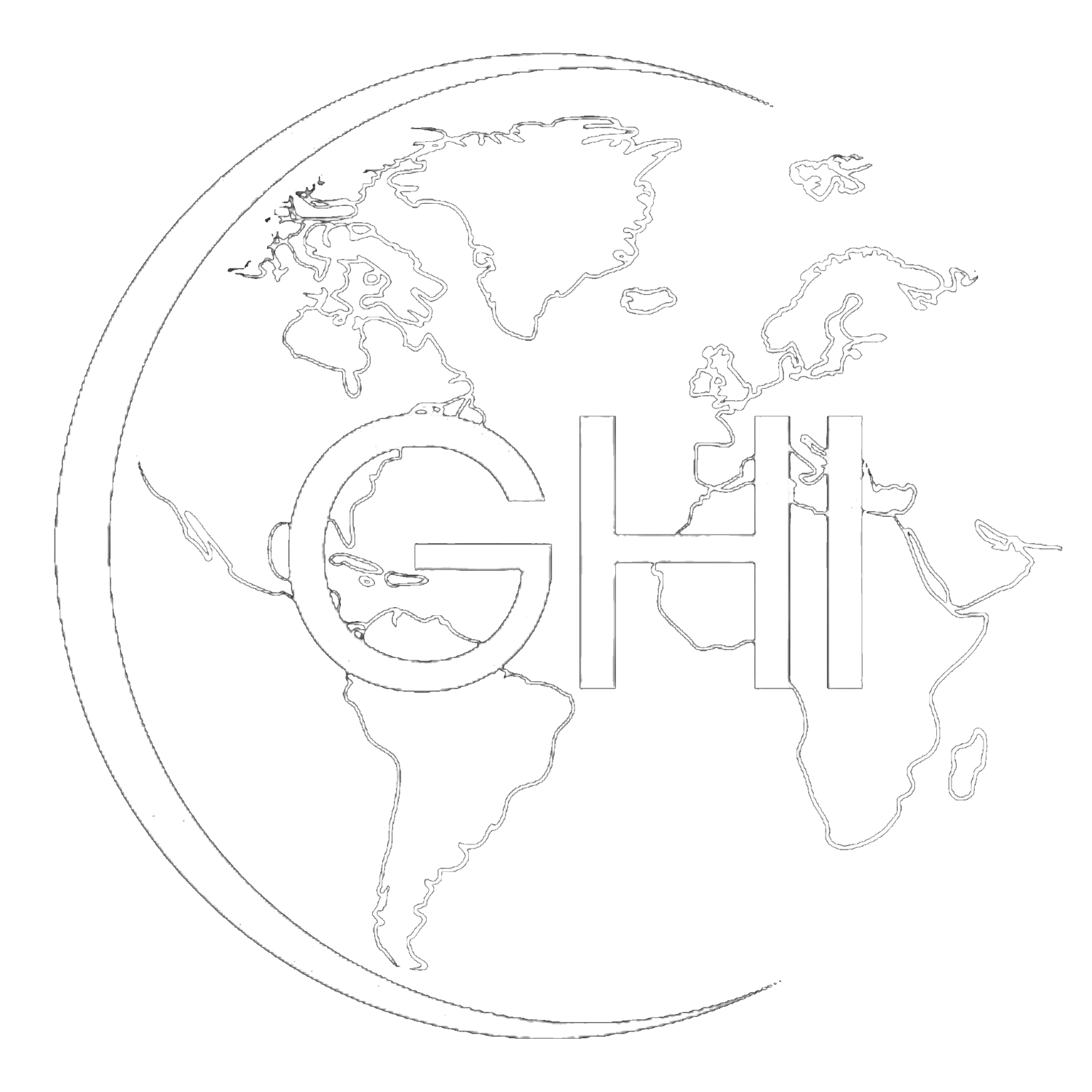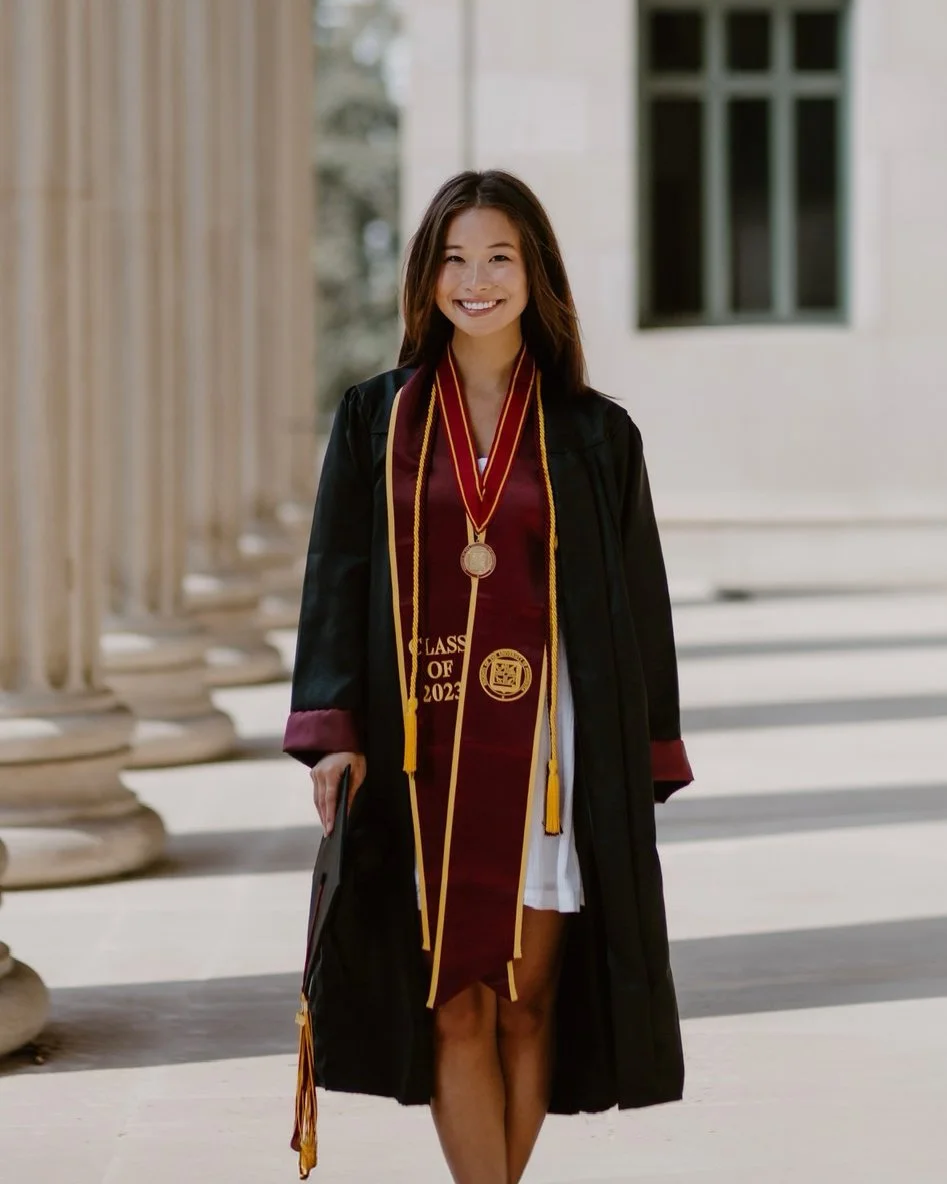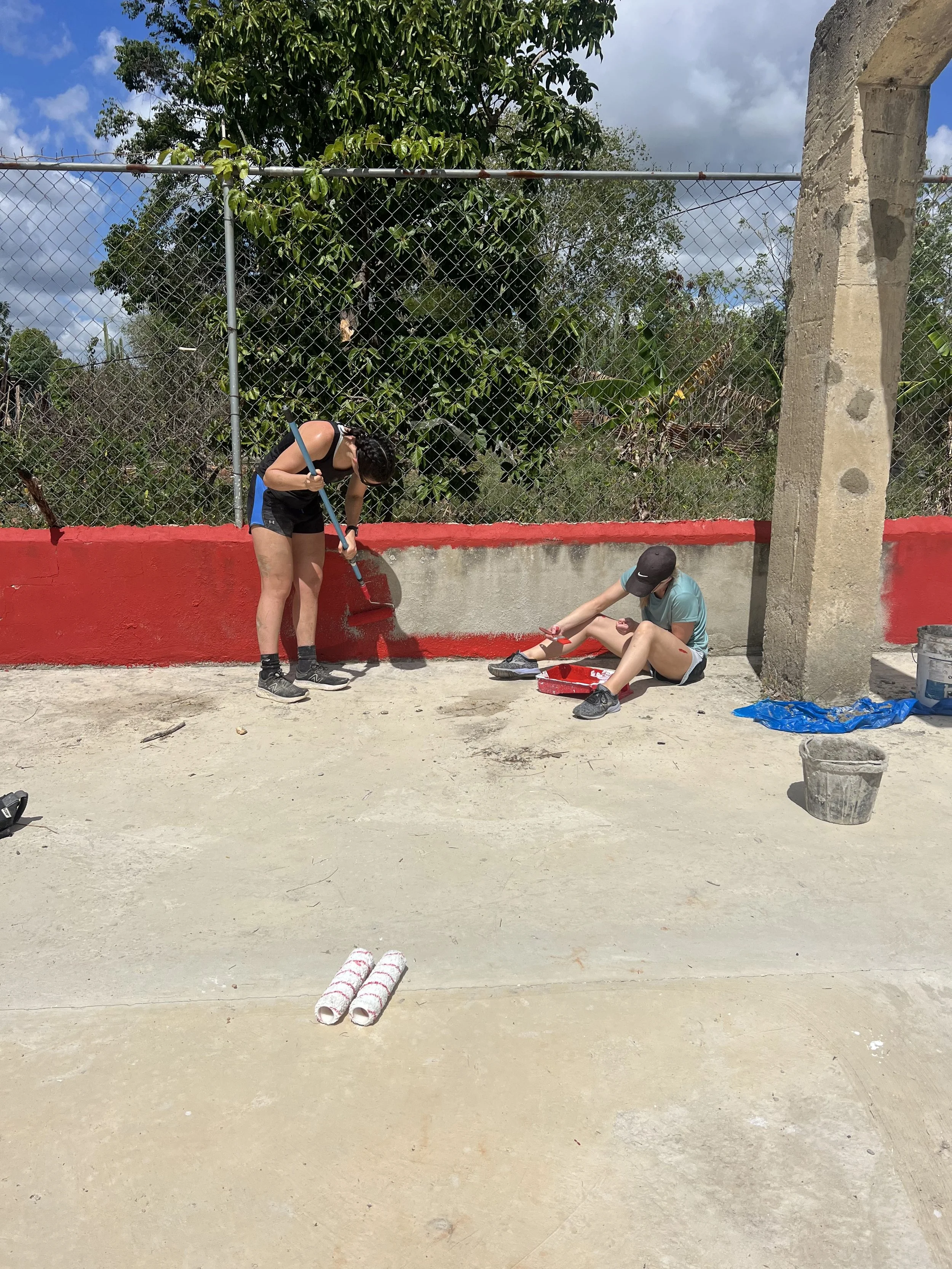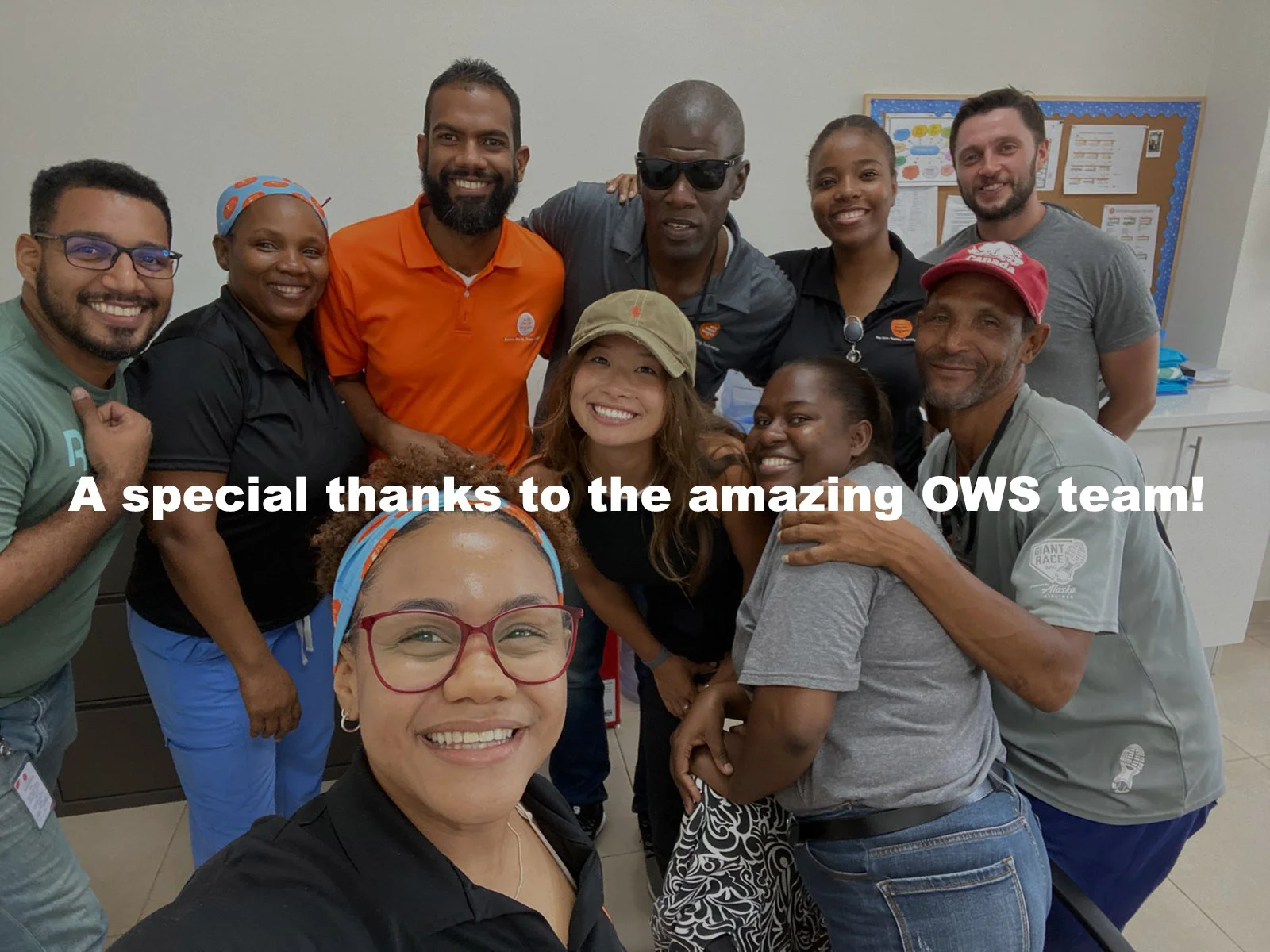
My Pathway to Global Health:
Reflections from Working in the Dominican Republic
From Medical School to Global Health
In 2023 I graduated from the University of Minnesota in the United States with a bachelor's degree in Human Physiology. The next step for me was always supposed to be medical school, but instead, I decided to spend a year working in the Dominican Republic (DR).
I made this decision for two main reasons: I needed time to strengthen my medical school application, and more importantly, I had previously promised myself that I would return to the DR. This promise stemmed from my visit in 2019 to an organization in the DR that provides a home for children in need. Though my family has long financially supported this organization, it was my first time directly engaging with the work they do. During my visit, I played with the kids, toured the community, helped with tasks around the home, and practiced the few Spanish phrases I remembered from my years of classes. However, when I left, I felt a sense of sadness because I didn’t feel like I had made a meaningful impact. While at the time I didn’t understand what was wrong with this perspective and my actions, I did know deep down that it wasn’t right. On the bus ride back to the airport, I promised myself I would return to the DR to learn more about the country and how I could help the kids and community beyond an automated donation.
-
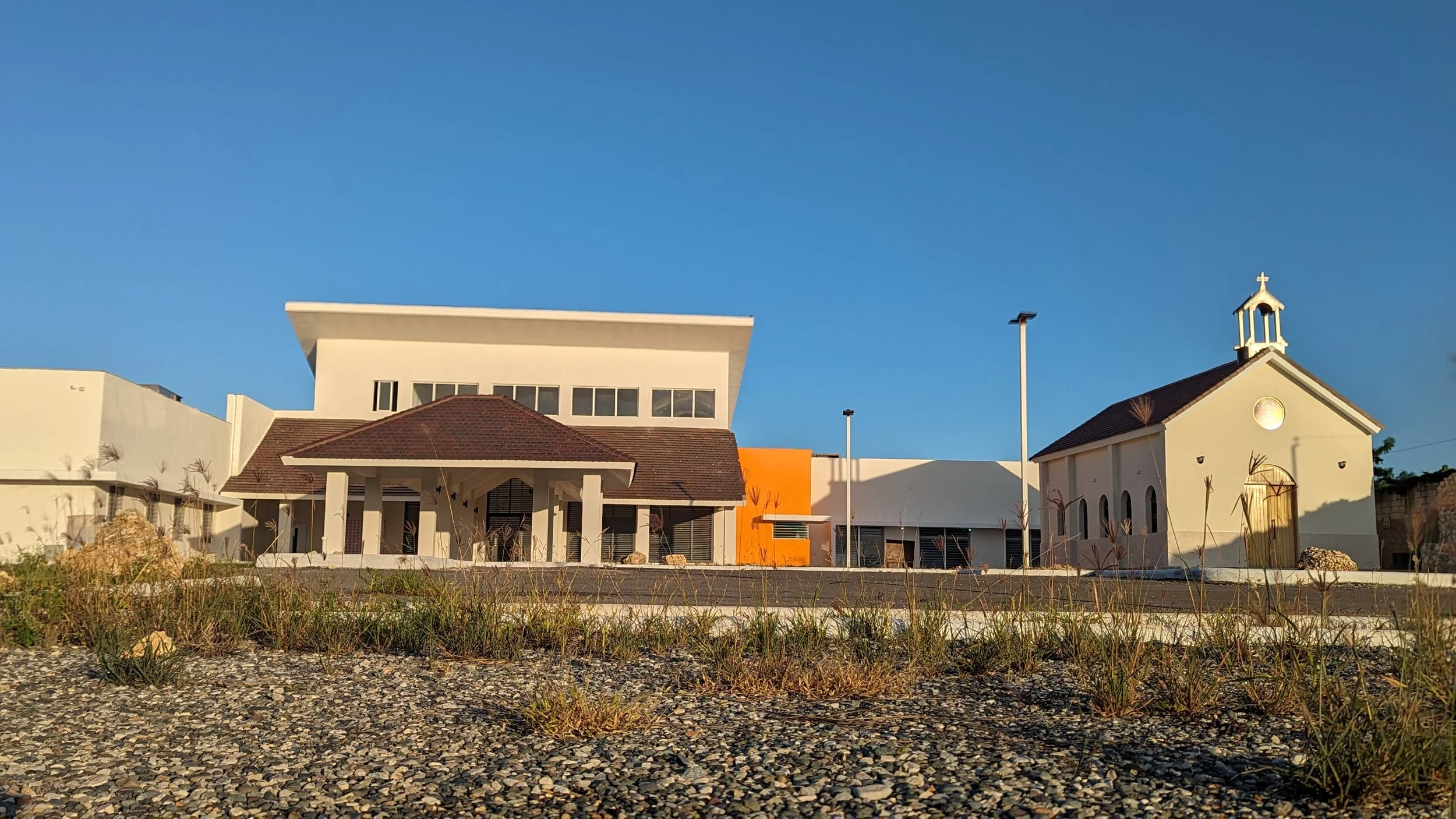
The front entrance and chapel at OWS DR
-
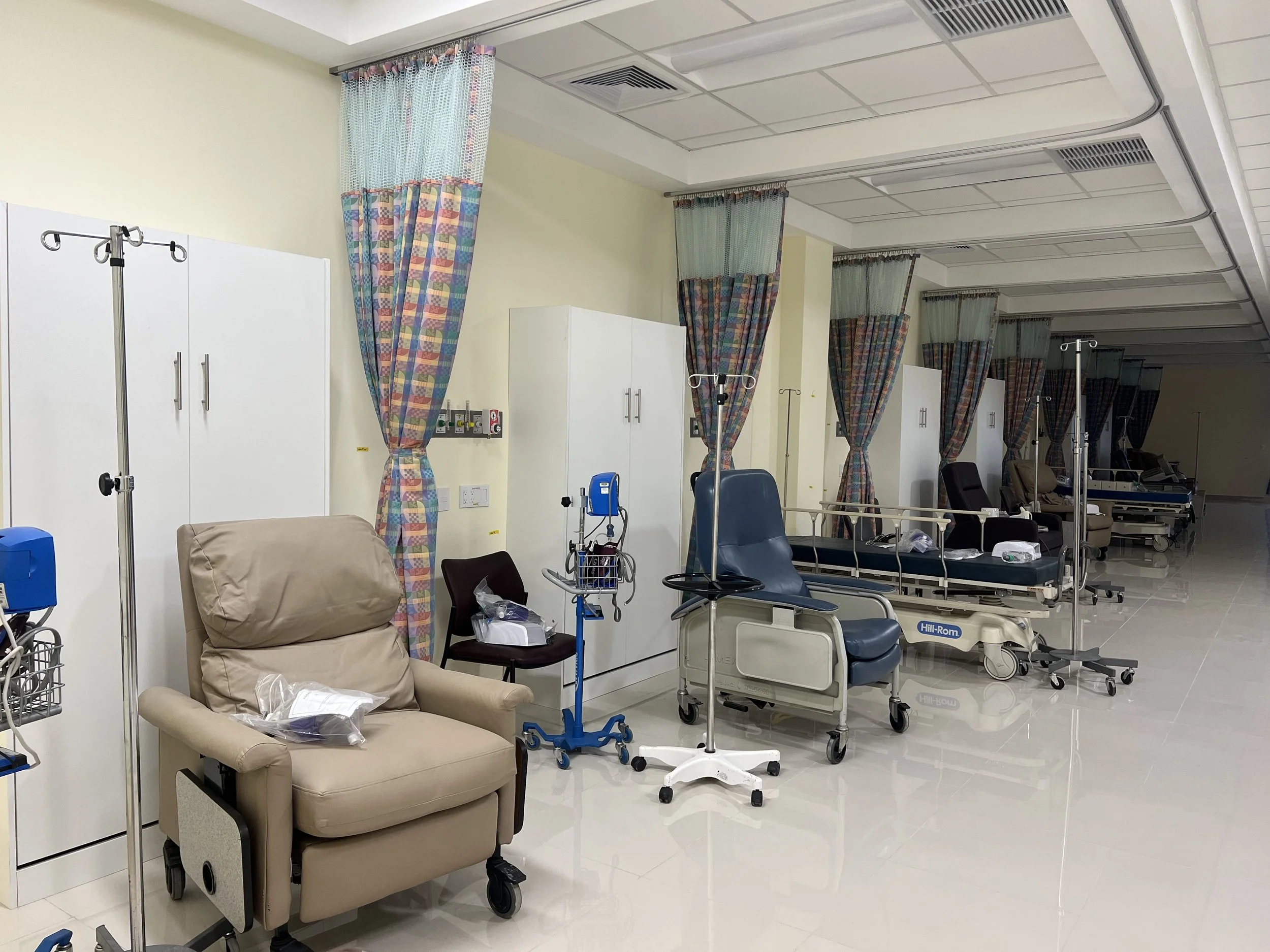
Post-op Bays at OWS DR
When the time came to decide what to do upon graduating, my mind went back to the DR. It felt like the perfect time to make due on the promise and it just so happened that a brand new surgical center was opening on the property next to the home that I had visited. It was the perfect opportunity where I could learn about the community while also developing professional skills and being of actual use. So, in July of 2023 I flew down to the DR to begin work at One World Surgery (OWS).
OWS is a non-profit organization that provides surgical and primary care to those in need. Founded in 2009, OWS began when an Orthopedic Surgeon from the United States saw a need for access to surgical care in Honduras. Since then, OWS has constructed two ambulatory surgical centers with primary care clinics, one in Honduras and the newest in the DR. Together they have provided care to over 130,000 patients.
When working at OWS, I had many opportunities to observe patient care, but I found that my interests did not lie in their specific conditions or treatments. Instead, I was more interested in understanding why the patients needed care in the first place. I was always asking questions about the water, waste, and school systems. I wanted to understand their diets and the prevalence of related health conditions. And I would spend my free time researching the history of the DR, especially the impact of the sugar cane industry. I just genuinely wanted to know everything that could be a cause of our patients' health problems.
Top Left: Front entrance of an OWS patient with low mobility and high risk of fall before OWS intervention
Top Right: Staircase created by OWS volunteers for a patient with low mobility
Bottom Left: Painting a basketball court made in collaboration with the community in front of OWS
Bottom Right: Installing new pipes for a sewage system in the local community
Because of this interest, I took charge of the Community Health Project program, which aimed to address the broader health-determining factors of our patients. I worked with local community leaders and volunteers from the United States to create food gardens, improve accessibility for the disabled, establish waste and sewage management systems, and build community areas. Collaborating with the local communities to create an impact that could prevent the need for future medical intervention while bringing happiness and hope, brought me joy and showed me an impactful future I could have in Global Health.
My Reflections on the Ethics of
Working & Volunteering Abroad
-

Volunteers and OWS team unpacking medical supplies for an outreach clinic
-
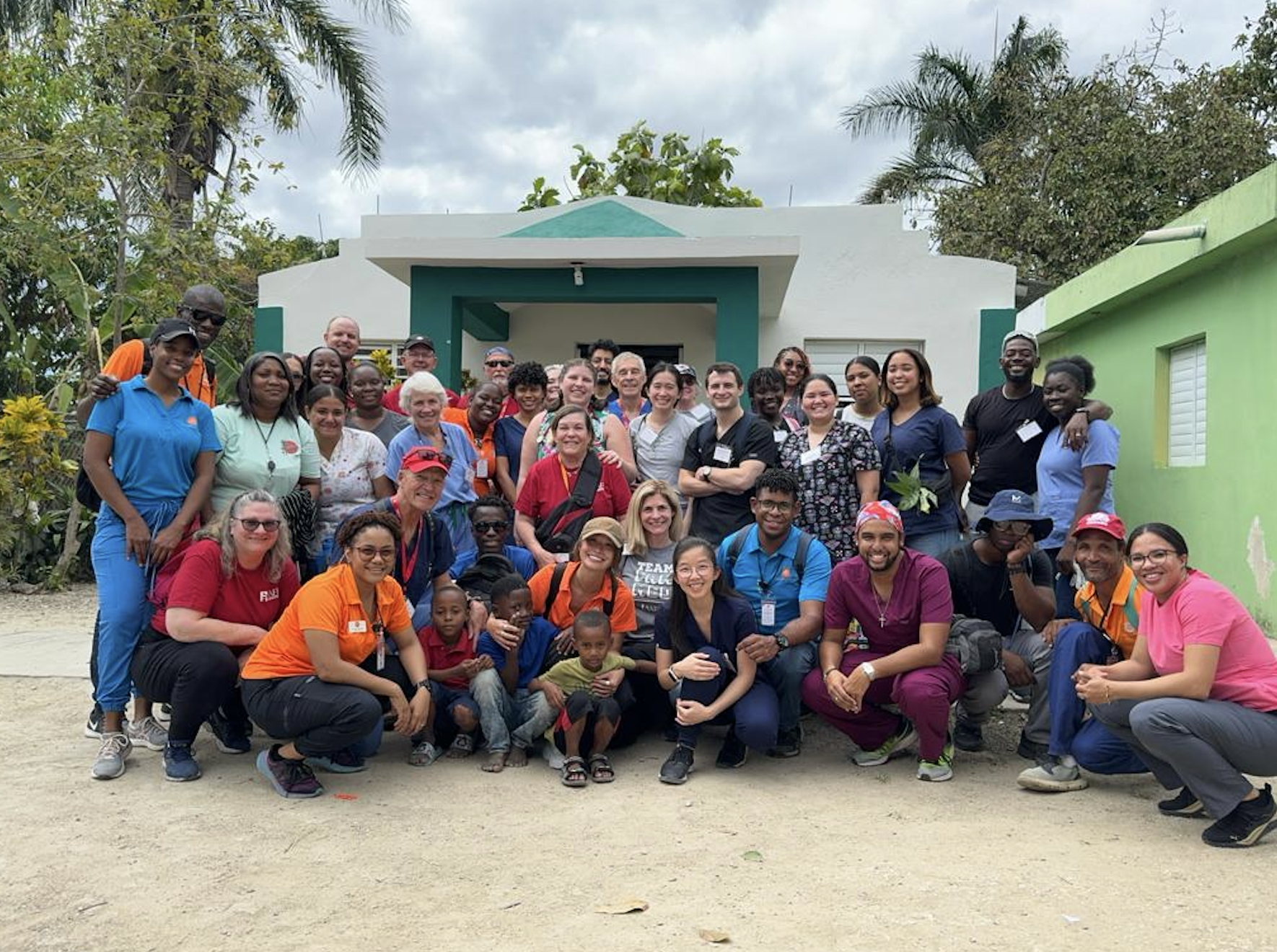
Briana at an outreach clinic with volunteers from the US, the local OWS team, and translators from a local University
From my initial visit to the DR to my year-long stay working there while observing short-term volunteers arrive weekly, I have had ample time to reflect on the pros and cons of volunteering and working in a foreign country. Many articles cover this topic extensively, and I strongly encourage anyone considering working abroad to delve into these resources (I have included a few at the end). While I cannot capture the full nuance of the discussion in this short blog post, I would like to highlight a couple of key points.
I believe the effectiveness, sustainability, and ethical standards of global health initiatives largely depend on the organizations running these programs. Unfortunately, many organizations are poorly managed or implement "solutions" without proper collaboration with the community. Because of this, volunteers must critically assess whether an organization is truly capable of fulfilling its promises and setting the volunteer up for success. This is why sharing experiences through platforms like this blog are crucial in this space— to recognize and support organizations that excel in their missions.
I am proud to highlight OWS as a leading example of a well-run organization committed to community investment and ethical practices in providing healthcare in the Global South. Although there is always room for improvement, OWS sets a high standard for others. Their approach emphasizes sustainable, community-focused healthcare solutions, paving the way for a more effective and ethical model of global health work.
Lessons Learned
However, If you do decide to work abroad, you do hold responsibility in approaching your work ethically and effectively. I have compiled a few key lessons from my time that are inspired by the incredible OWS staff, local community members, and visiting volunteers who have profoundly shaped my understanding of the DR, the healthcare industry, and the world.
-
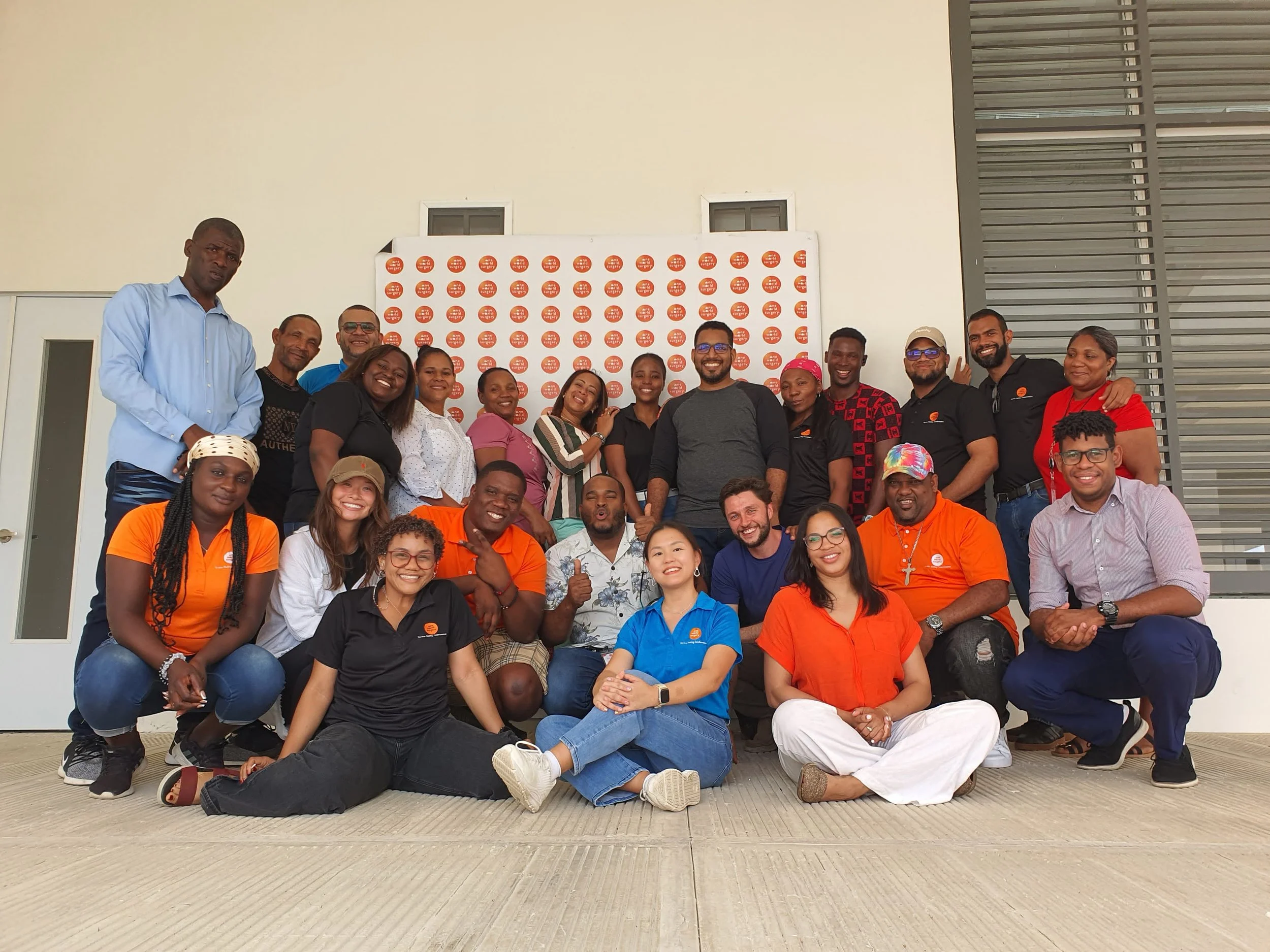
Briana with the OWS DR team
-

Briana at a Medical symposium hosted by the American Foundation of Family Medicine and UCE, a university in the DR, in collaboration with OWS
Language Breaks Down Barriers
Learning the local language is crucial for communication, trust, and respect with the community. Anyone wanting to work abroad should give it their all. My biggest regret was not trying hard enough.
Value Local Expertise
When I contracted Dengue fever and ended up in the hospital in the DR, I quickly turned to my doctors back home for advice. But they had to do research before giving me any medical opinion because they had never treated it. Local doctors however, were quick and knew exactly how to take care of me, because of its prevalence in the DR. This reminded me that coming from the Global North doesn't mean you know it all. It is important to respect, value, and learn from local expertise no matter where you are!
Be Passionate & Curious
Passion fuels perseverance, especially in challenging situations. Curiosity about the local culture and systems leads to better understanding and innovative solutions. Always ask questions and stay engaged. Push yourself out of your comfort zone to immerse yourself in the community.
Real Change Comes from Commitment
While short-term volunteering has its benefits, real impact requires a deeper commitment. Even a year wasn’t enough to truly understand the community and make a lasting difference. I recognize that change demands ongoing dedication to the cause, so after pursuing further education in the States I plan to continue to support the DR in building up their communities towards a better and more equitable future.
The Power of Knowledge Sharing
Before my time in the DR, I did not know about the opportunities that lay waiting for me in the field of Global Health. This is why I wanted to write this blog post: to share my experiences so that others may learn what is out there.
I want to thank CGHI for giving me a platform to do this. I believe collaborative networks, such as this, foster a great sense of global community. These connections inspire new ideas, encourage mutual support, and build a collective hope for a healthier future.
And lastly, thank you to whoever is reading this for taking the time to learn about my journey. I hope it inspires you to explore the world, learn from it, and work towards creating a more harmonious world in whichever way you feel called.
“With rare exceptions, all of your most important achievements on this planet will come from working with others—or, in a word, partnership.”
— Dr. Paul Farmer
If you're inspired to share your own experiences and insights in a blog post, we'd love to hear from you. Please reach out to hi@coalitionghi.org to discuss your story and contribute to our community of global health advocates. Your voice can help inspire and guide others in making a meaningful impact.
Recommended Articles
-
Global Health Partnerships and the Brocher Declaration: Principles for Ethical Short-Term Engagements in Global Health
Short-term experiences in global health (STEGH), also known as short-term medical missions continue to be a popular mode of engagement in global health activities for students, healthcare providers, and religious groups, driven primarily by organizations from high-income countries. While STEGH have the potential to be beneficial, a large proportion of these do not sustainably benefit the communities they intend to serve, may undermine local health systems, operate without appropriate licenses, go beyond their intended purposes, and may cause harm to patients.
-
Ethics and benefits of family participation in global surgery: a review of the One World Surgery experience
One World Surgery is an example of an organization that encourages family member participation in its short-term volunteer trips to Honduras. Through careful pretrip orientation, on-site supervision, and consistent educational programs, One World Surgery has developed a program which promotes safe and effective participation of family members. [...] The purpose of this paper is to highlight the benefits of family member participation in STEGHs and share the experience of one organization in which family member participation has been developed to provide ethical, beneficial, and sustainable care.
-
A concept in flux: questioning accountability in the context of global health cooperation
Accountability in global health is a commonly invoked though less commonly questioned concept. Critically reflecting on the concept and how it is put into practice, this paper focuses on the who, what, how, and where of accountability, mapping its defining features and considering them with respect to real-world circumstances. Changing dynamics in global health cooperation - such as the emergence of new health public-private partnerships and the formal inclusion of non-state actors in policy making processes - provides the backdrop to this discussion.
This blog was written by Briana Chang.
Briana is a recent graduate from the University of Minnesota with a degree in Human Physiology and minors in Nutrition and Sustainable Development. Over the past year, she has been working to help open the first ambulatory surgical center in the Dominican Republic. Through this, she has found a passion for health equity and international development.
